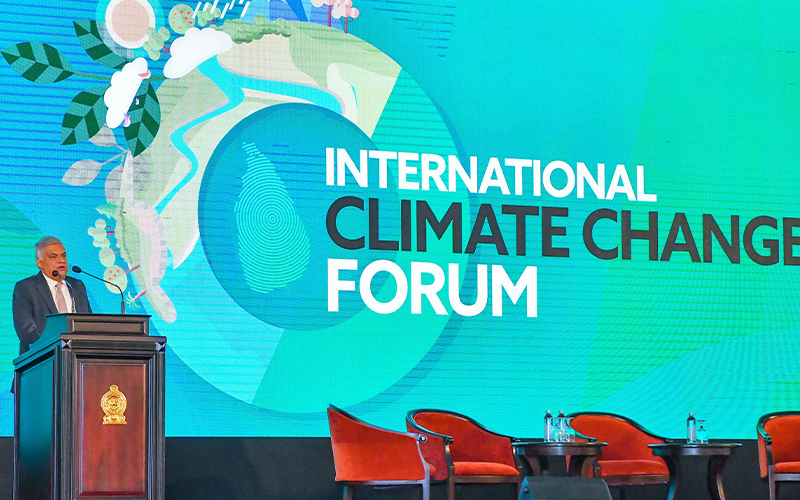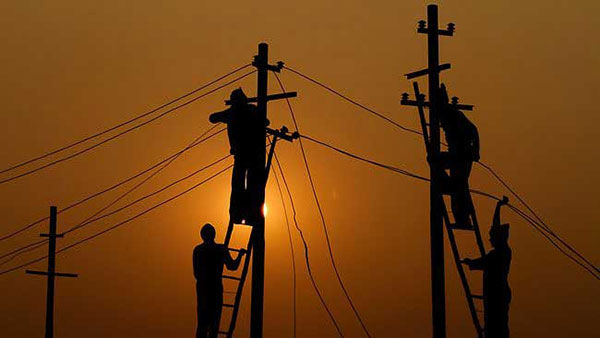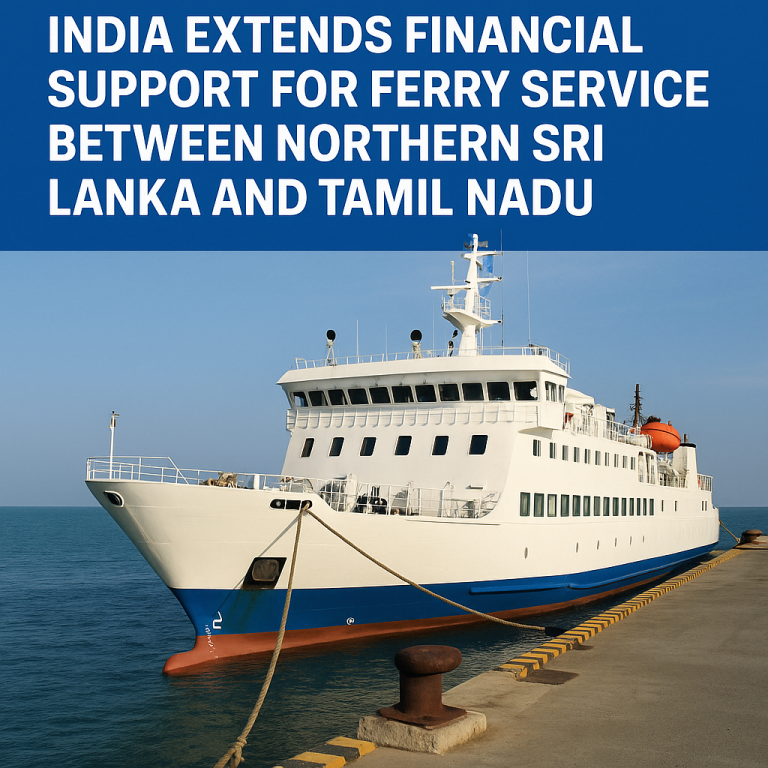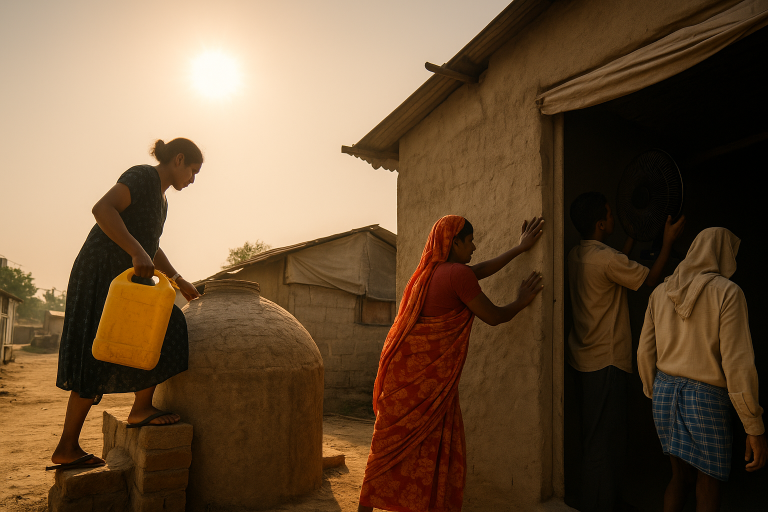In the face of an escalating climate crisis, the call for ambitious action has echoed across the globe. Recognizing the urgency of the situation, President Ranil Wickremesinghe of Sri Lanka introduced the Tropical Belt Climate Ambition Plan (TBCAP) at the UN Climate Summit in September 2023. This bold initiative aims to transform the highly biodiverse tropical belt region into a global leader in climate resilience and sustainable development.
The TBCAP identifies the tropical belt as a pivotal region for climate action. Home to over 40% of the world’s population and harboring rich biodiversity, the tropical belt is disproportionately affected by climate change. Yet, it also holds immense potential for climate mitigation and adaptation solutions.
The TBCAP envisions a future where the tropical belt transitions to a low-carbon, resilient, and nature-positive economy. Its implementation will require a collaborative effort from a diverse range of stakeholders, including governments, international organizations, civil society, and the private sector.
Key pillars of the TBCAP include:
Accelerated Renewable Energy Deployment: Transitioning away from fossil fuels towards renewable energy sources like solar, wind, and geothermal power.
Nature-Based Solutions: Utilizing natural ecosystems to capture carbon, mitigate climate impacts, and enhance biodiversity.
Climate-Smart Agriculture: Promoting sustainable agricultural practices that increase resilience and reduce greenhouse gas emissions.
Sustainable Urban Development: Creating compact, livable cities that prioritize energy efficiency and green infrastructure.
Disaster Risk Reduction: Investing in early warning systems, resilient infrastructure, and community preparedness.
The TBCAP offers a multitude of benefits to the people of the tropical belt:
Climate Resilience: Enhanced protection against climate-induced disasters like floods, droughts, and extreme weather events.
Improved Health: Reduced air pollution, access to clean water, and sustainable food systems.
Economic Growth: Creation of green jobs, revitalized agricultural sectors, and sustainable tourism opportunities.
Biodiversity Conservation: Protection of ecosystems, preservation of indigenous knowledge, and restoration of degraded lands.
Social Equity: Inclusive development that ensures access to resources and opportunities for all.
The TBCAP stands as a beacon of hope for a sustainable future in the tropical belt. Its successful implementation will require unwavering commitment, innovative partnerships, and a shared vision for a climate-resilient and equitable world. The world watches with anticipation as the tropical belt embarks on this transformative journey towards a greener, more sustainable future.








